Spiritualism is a movement that began during the middle part of the 19th century during what is historically called the "Third Great Awakening." The Great Awakenings, as they are called in United States History, were a series of religious revivals which introduced new religions and new teachings on theology.
Grief is a key factor in Spiritualism. The movement concerns itself with the idea that the energy within a human, the "spirit," continues to live on after death within a different plane of existence. Spiritualists believe that the spirits of humans may continue to emotionally grow in the afterlife and may be able to grant a greater knowledge about human issues to those still living. While Spiritualists believe that these spirits can be contacted by anyone, the use of a medium is often integral in receiving more in-depth communication. ” Persons who practiced spiritualism and members of Christian churches weren’t necessarily mutually exclusive groups. What identified spiritualists among spiritual persons and persons of tradition religious faith was spiritual communication along with individualism (no organized body of the faithful) and claims to science, empiricism, and public knowledge (anyone can try it and test if it works).”
Spiritualists often cite 1848 as the year of the movement’s inception with the Fox Sisters often being credited as the pioneers of Spiritualism. While New York, and the East were the cradles of Spiritualism, Chicago reigned supreme over other Western cities and states in its belief. From there it had spread its influence on other enclaves and towns around the city, including the City of St. Charles, Illinois. It is almost natural that Spiritualism had strong acceptance within the town. Much of the area was inhibited by former radical New Englanders who kept in touch with the far away happening of the eastern United States. While it is unknown how Spiritualism arrived in St. Charles, it likely spread in the early 1850s. By the end of the decade St. Charles and surrounding areas such as Wayne Station and Campton became a haven for Spiritualists to practice their beliefs. One of the great Spiritualists, Andrew Jackson Davis would lecture in St. Charles in 1858and 1859, some calling him “the best ever spoken in the Universalist Church,” all but cementing the town as a hotbed of Spiritualists. The spread of the movement in town can be attributed to the congregation of the Universalist Church. It should be noted that the Universalist Church in St. Charles was typically thought of as the first Universalist Church in Illinois and had a very active membership. As members slipped into Spiritualism an agreement was made to share the church meeting space. By 1868 there were 157 residents registered with the local St. Charles Religio-Philosophical Society. By the 1870s the Spiritualists outnumbered the Universalists at their church, who had only 11 remaining members.
Our exhibit introduces you to the radical souls of St. Charles who were pivotal to this “Great Awakening” of Spiritualism locally. Meet the mediums and orators, the believers and the publishers who made St. Charles key to this movement.
Want to learn more? Click the button below to view our online version of this exhibit





































